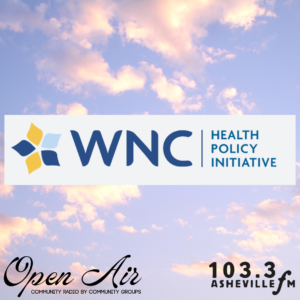The challenges of finding housing, transportation, living wage work opportunities, the impacts of the opioid epidemic, and limited access to healthcare across the region are familiar to many in the mountains of WNC. However, the negative impact of these social determinants of health (SDoH) has an even darker aspect that, for many, goes largely unseen and unspoken about: They correlate to our region’s risk level for human trafficking.

The US Department of State describes human trafficking as modern slavery, where traffickers’ use force, fraud, and/or coercion to obtain some type of labor or commercial sex act. Frequently involving sexual violence, each instance of trafficking has severe impacts on the survivor, their community, and future generations’ health. Those who face challenges meeting basic survival or other needs have a higher risk of either actively turning to trafficking (either of themselves or others in their care), or being vulnerable to being drawn into trafficking by others, to meet those needs.
Education on trafficking is a key strategy for improving the health and wellbeing in our region. In this installment of the WNC HPI podcast, producer Andrew Rainey speaks with Rita Sneider-Cotter, the Executive Director of OurVOICE, about sexual violence and human trafficking in WNC, the intersection of SDoH and trafficking, and what’s being done in our region to address this critical issue.
More Posts for Show: Open Air
